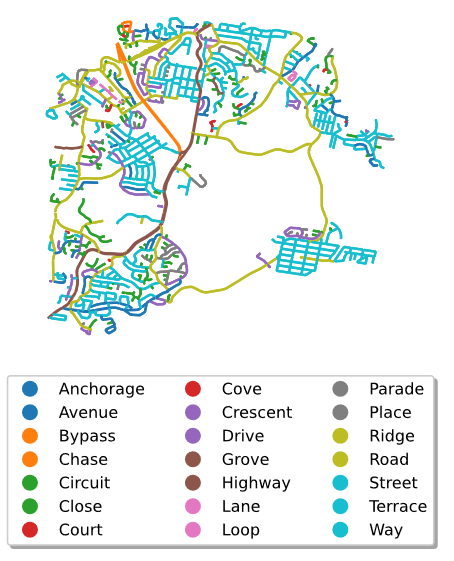Define Functions Iteratively With Python
Posted by Jack McKew on Fri 01 January 2021 in Python • Tagged with python, software-development • 4 min read
An interesting problem came up recently, there was a piece of code absolutely full of the same function calls over and over again, meaning if anything ever need to change, that would have to be changed in over 500 places, not ideal. Thoughts go back to single responsbility, and don't …
Continue reading

